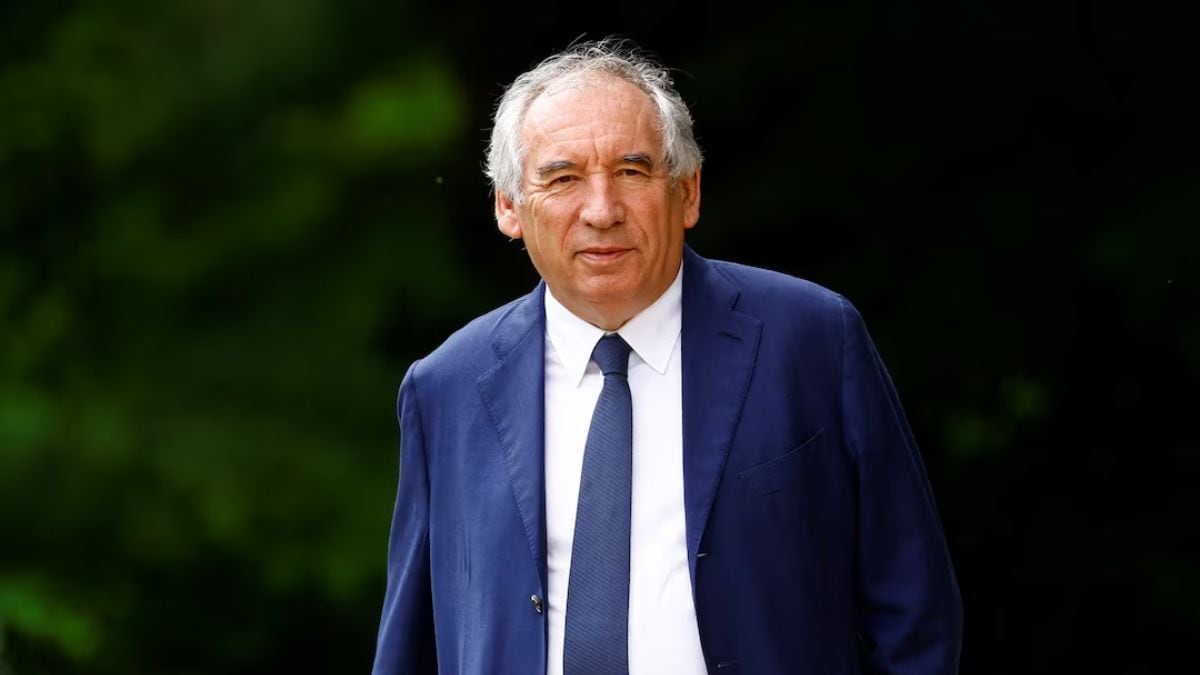Bayrou plans to use former Prime Minister Michel Barnier’s budget proposal as a starting point, even though Barnier’s government was ousted in December after a no-confidence vote over plans to cut €40 billion in spending and raise €20 billion in taxesread more
Under pressure to deliver a national budget after a contentious government collapse, French Prime Minister François Bayrou is moving forward with his predecessor’s financial blueprint despite its controversial legacy.
Bayrou plans to use former Prime Minister Michel Barnier’s budget proposal as a starting point, even though Barnier’s government was ousted in December after a no-confidence vote over plans to cut €40 billion in spending and raise €20 billion in taxes. The collapse left France without a finalized budget for the first time in its modern history.
POLITICO cited multiple finance ministry officials as saying that the move should be seen as a time-saving measure rather than an endorsement of the Barnier budget.
Drafting a new plan from scratch would require lengthy legal processes, delaying the passage of the 2025 budget. Bayrou has set a mid-February deadline to get it passed.
Temporary fixes
In the meantime, lawmakers approved a stopgap measure to carry over the 2024 budget into 2025. The intent was to prevent a government shutdown.
However, this interim solution has flaws, including the absence of inflation adjustments to tax brackets, which could result in higher taxes for hundreds of thousands of households.
Bayrou faces a tough road ahead as his minority government remains vulnerable to another no-confidence vote. Opposition parties that banded together to oust Barnier could pose a similar threat to Bayrou.
Seeking compromise
Bayrou and his deputy for the budget, Amélie de Montchalin, are reaching out to opposition parties in an effort to negotiate compromises or secure agreements to avoid further political turmoil.
They plan to meet with all parliamentary parties before Bayrou delivers his first policy speech on January 14.
By building on Barnier’s budget, lawmakers will be limited to making amendments rather than introducing entirely new proposals, a restriction that could hamper negotiations.
“They can tweak [the budget], but they can’t change it in depth … I don’t really see how they’re going to propose [legislation] less likely to lead to a vote of no confidence,” Eric Coquerel, head of the parliament’s finance committee, told POLITICO.
